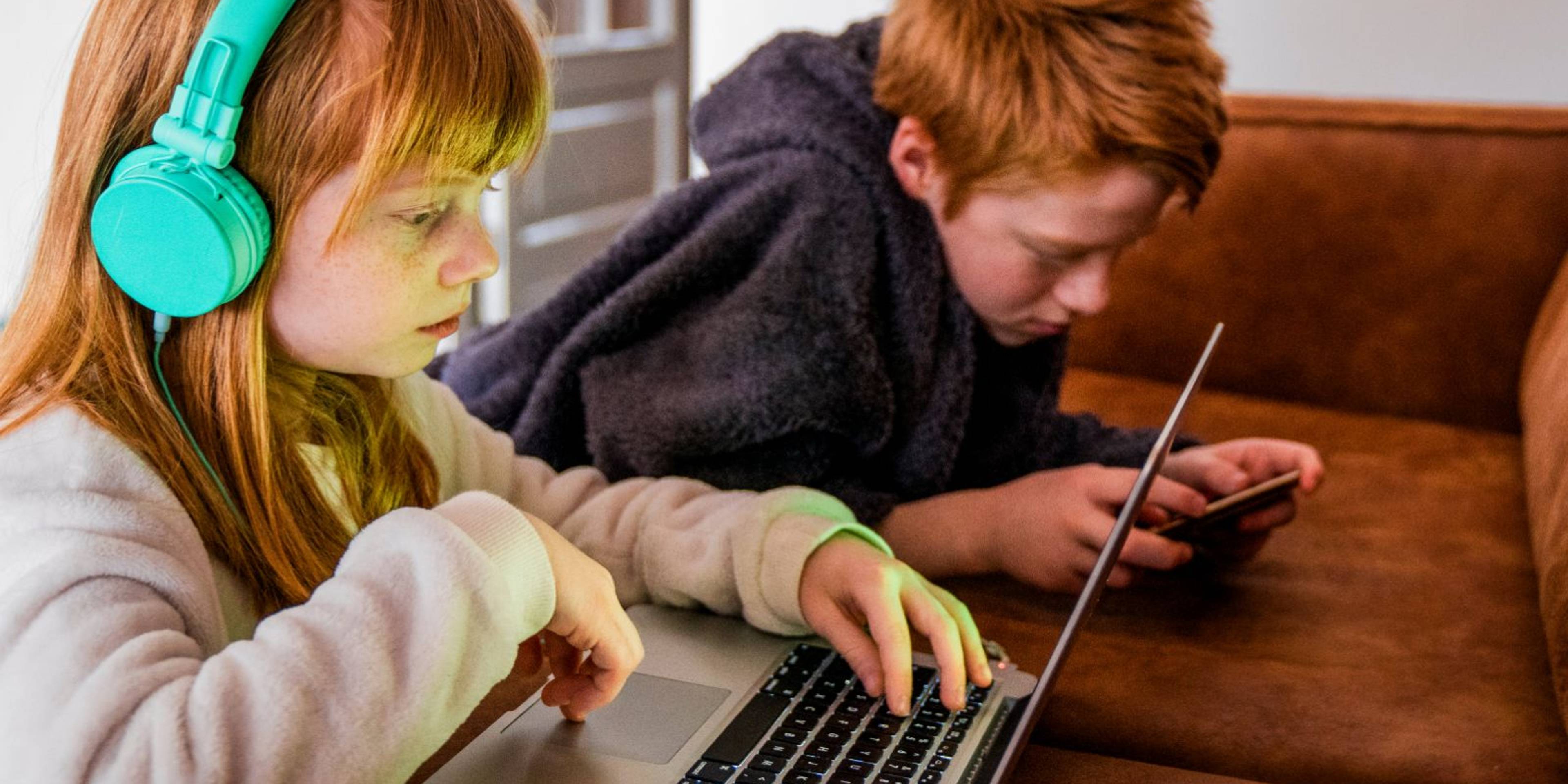Evidence-based resources for parenting, education and family life.
Members' login“We will go to the ends of the earth for you, because we know you would for them.”
“We will go to the ends of the earth for you, because we know you would for them.”
Dedicated to applying the world's best research to parenting and to future-proofing our children through impactful, evidence-based resources
Tooled Up is forschools
Tooled Up saves staff time and promotes home-school alignment. Our platform of over 1000 evidence-based resources have been researched and created in response to questions from Tooled Up staff in our schools all over the world. If busy staff can't find what they need, we create it for them. Simple.
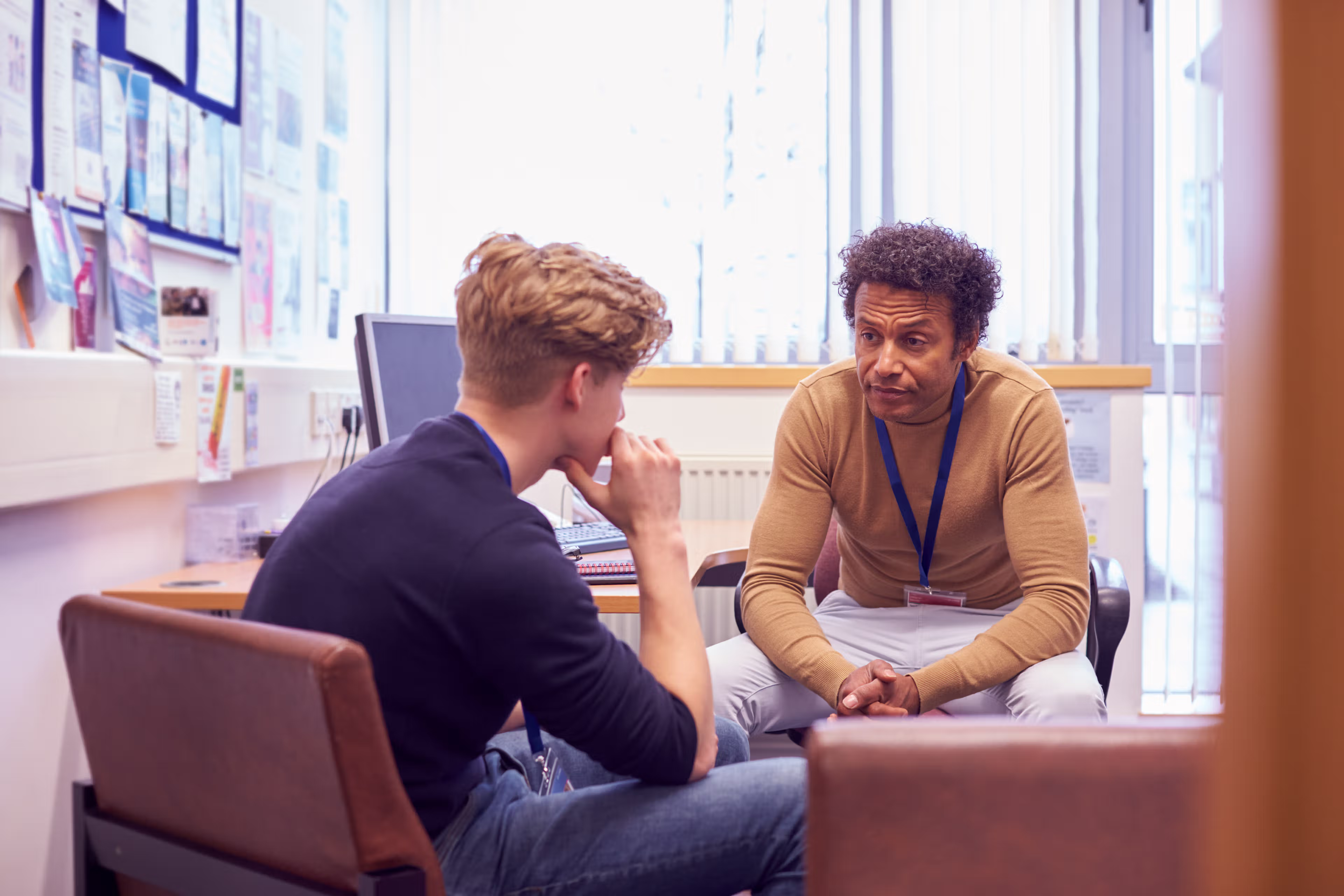


Embedding, Reflecting, Responding: A Practice-Focused Q&A for RSHE Leads in Schools
15 Jan 2026 / 16:00 - 17:00pm GMT
Dr Emily Setty

Parental Separation After Abuse: Helping Children Feel Safe and Supported
16 Jan 2026 / 12:30 - 13:30pm GMT
Dr Reenee Singh and Antonia Felix
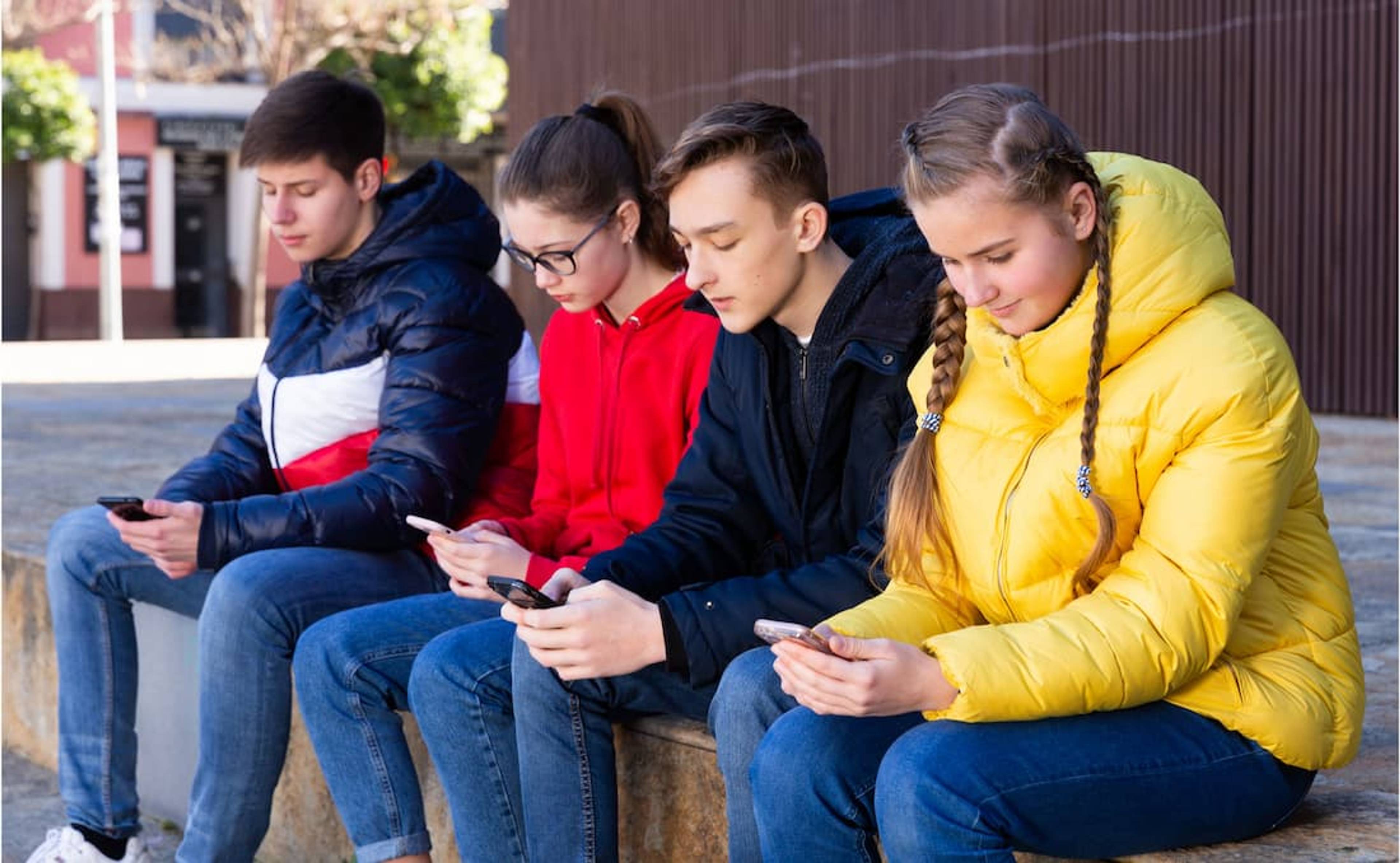
Digital Risks and Harms Affecting Teens: Tips for Parents
22 Jan 2026 / 19:30 - 20:30pm GMT
Dr Kathy Weston

Early Signs of Eating Disorders: What Parents Need to Know
27 Jan 2026 / 12:30 - 13:30pm GMT
Dr Anna Colton


Tooled Up Conference on Complex Challenges - Supporting Children and Young People
6 Feb 2026 / 09:20 - 16:00pm GMT
Featuring eleven expert speakers

Smart Tech, Safe Choices: Exploring the Safe and Responsible Use of AI
10 Feb 2026 / 13:00 - 14:00pm GMT
Laura Knight

Living with Loss: Grief Beyond the First Year
17 Mar 2026 / 12:30 - 13:30pm GMT
Hannah Abrahams, Chartered Educational Psychologist

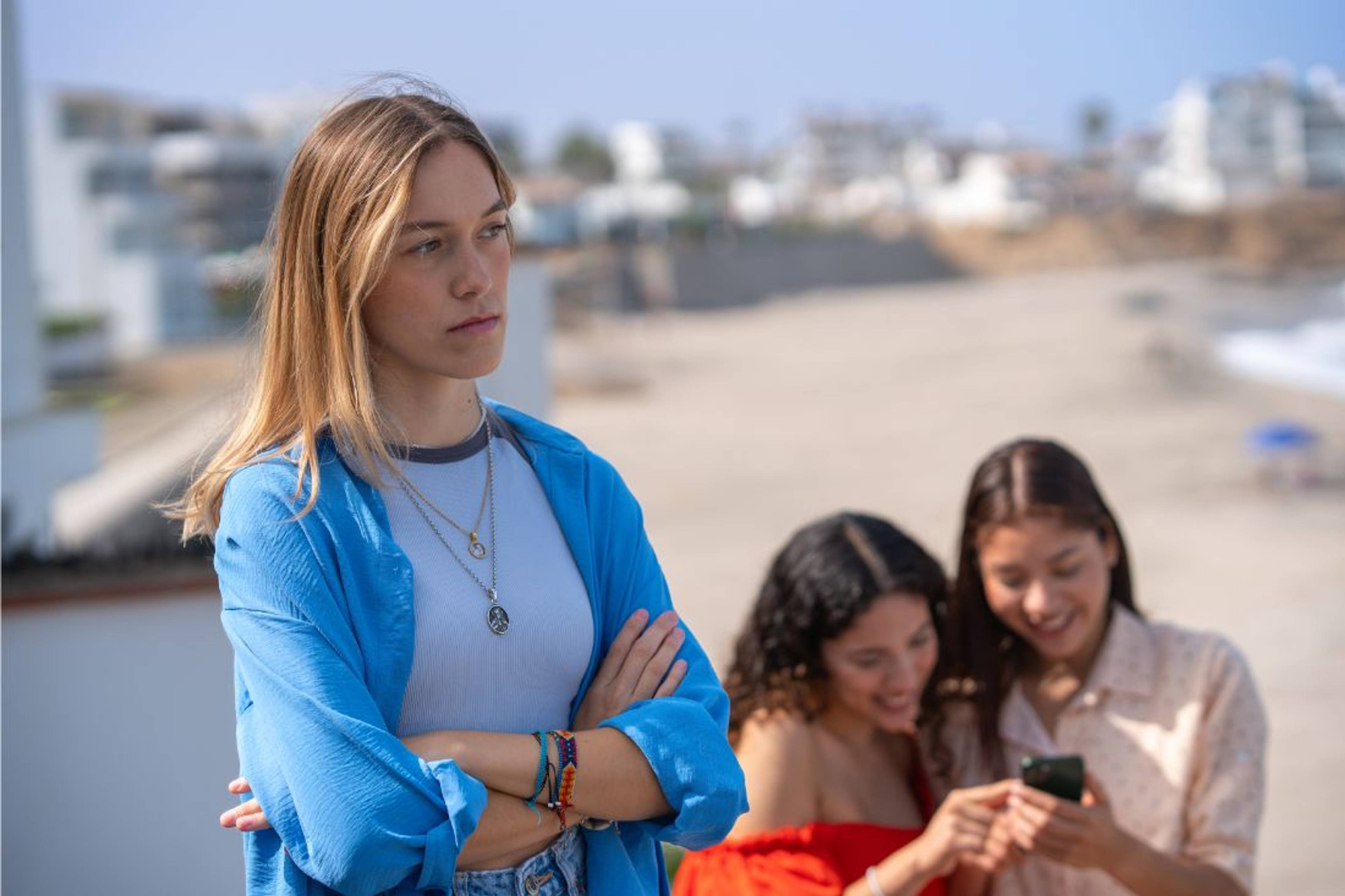
How to Support Teenagers with Friendship and Relationship Issues
19 Mar 2026 / 19:30 - 20:30pm GMT
Dr Kathy Weston

Living with Burnout: Understanding and Recovering from Autistic Exhaustion
23 Apr 2026 / 12:30 - 13:30pm BST
Hannah Abrahams, Chartered Educational Psychologist

Supporting Young People After Suicide Loss: Guidance for Educators and Parents
5 May 2026 / 12:30 - 13:30pm BST
Beck Ferrari

Wednesday Wisdom
Tooled Up tips for loving parents around the world.
Reflect
Motivate
Support

Jan 07, 2026
2025 in Review
I am very fond of citing Professor Tamsin Ford who says that ‘reflection breeds resilience’, so here goes our attempt at looking back on 2025 and thinking about how far Tooled Up Education has come as an organisation and what we have achieved as a team!

Dec 17, 2025
Finding the Light
As we approach the end of the year, I would like to begin by wishing all our Wednesday Wisdom readers and the wider Tooled Up community, a wonderful festive season with your families.

Dec 10, 2025
Moments that Matter
Last week, my husband won four tickets in a work lottery to see a spectacular edition of 'A Christmas Carol' at the Old Vic in London. I had already seen it, so he decided to invite a family friend, who brought two local children instead, one of whom had never been on a train or to a theatre before.

Jan 07, 2026
2025 in Review
I am very fond of citing Professor Tamsin Ford who says that ‘reflection breeds resilience’, so here goes our attempt at looking back on 2025 and thinking about how far Tooled Up Education has come as an organisation and what we have achieved as a team!

Dec 17, 2025
Finding the Light
As we approach the end of the year, I would like to begin by wishing all our Wednesday Wisdom readers and the wider Tooled Up community, a wonderful festive season with your families.

Dec 10, 2025
Moments that Matter
Last week, my husband won four tickets in a work lottery to see a spectacular edition of 'A Christmas Carol' at the Old Vic in London. I had already seen it, so he decided to invite a family friend, who brought two local children instead, one of whom had never been on a train or to a theatre before.
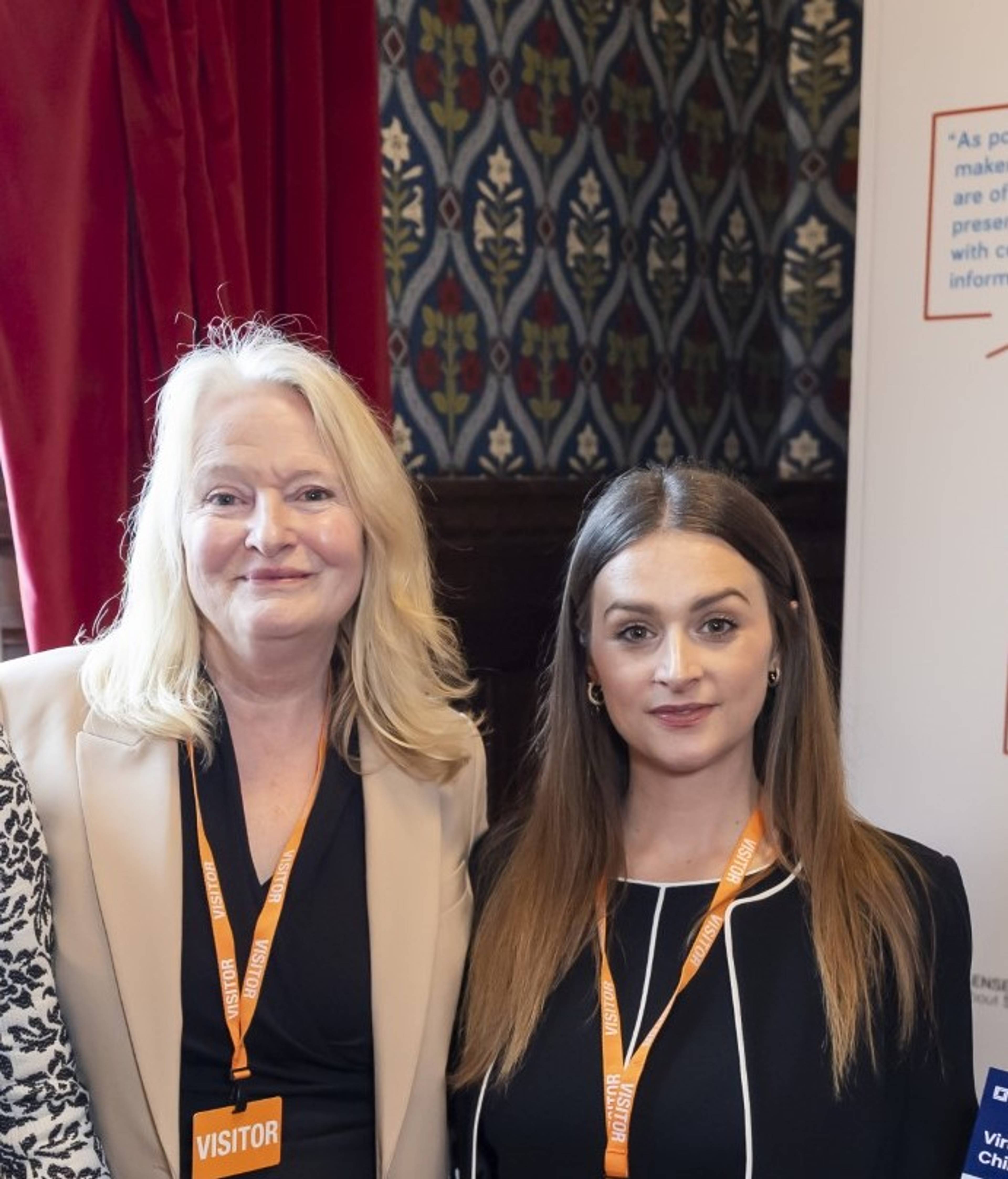
Professor Julia Davidson OBE and Dr Ruby Farr
Professor Davidson is Professor of Criminal Justice and Cybercrime and Dr Farr is a Research Fellow, both at the University of East London
Professor Julia Davidson OBE is one of the UK’s foremost experts on advocacy, policy and practice in child safeguarding, online harms/safety and youth cybercrime. Dr Ruby Farr is a Research Fellow at the University of East London, Institute for Connected Communities, and a recognised scholar in the field of cyber violence and online harms, examining the intersection between evolving technologies and human behaviour.
Their new book, Pathways into and Out of Youth Cybercrime, is scheduled for publication this month.
Professor Julia Davidson OBE and Dr Ruby Farr
Professor Davidson is Professor of Criminal Justice and Cybercrime and Dr Farr is a Research Fellow, both at the University of East London
Crossing the line into cybercrime
Read the articleOur impact
Parenting topics covered
Countries
Schools and Companies
Resources
Community members
Parenting Question of the Month
“There was an attempted abduction locally. How can I support my child?”
“It might not feel like it right now, but it’s worth knowing that stranger abductions of children are extremely rare. In the UK, there are around 500–600 reports of child abduction each year, but the vast majority are attempted rather than successful, and many are later reclassified as misunderstandings, rather than genuine abductions.”

Dr Kathy Weston

Dec 17, 2025
Supporting Healthier Masculinities with Professor Michael Flood
We’re excited to be working with Professor Michael Flood, one of the world’s leading researchers on men, masculinities, gender equality and violence prevention.

Jun 19, 2025
Tooled Up Education to Collaborate with Researchers from the University of Manchester
Tooled Up Education is excited to announce we will be collaborating as a research partner with researchers from the University of Manchester.

Mar 17, 2025
Netflix's Adolescence: related resources in Tooled Up
Have you watched Adolescence on Netflix? Do you want to learn more about the issues raised? We have webinars and podcasts available to everyone, along with CPD and classroom resources available to Tooled Up teachers.

Dec 17, 2025
Supporting Healthier Masculinities with Professor Michael Flood
We’re excited to be working with Professor Michael Flood, one of the world’s leading researchers on men, masculinities, gender equality and violence prevention.

Jun 19, 2025
Tooled Up Education to Collaborate with Researchers from the University of Manchester
Tooled Up Education is excited to announce we will be collaborating as a research partner with researchers from the University of Manchester.

Mar 17, 2025
Netflix's Adolescence: related resources in Tooled Up
Have you watched Adolescence on Netflix? Do you want to learn more about the issues raised? We have webinars and podcasts available to everyone, along with CPD and classroom resources available to Tooled Up teachers.
Testimonials
I’ve recently received a lot of positive feedback about Tooled Up resources. A parent wrote to me ‘The quality, relevance and tools available make my cleaning time in the kitchen listening to one of the podcasts at night an absolute pleasure'. The recent resource on war worries has also been so helpful to us.

St Christopher's School
Headteacher
Dear Rhonda, talking to you has been a blessing. I felt really understood and validated. You are very kind, empathetic and thoughtful, but professional at the same time. Thank you so much for your advice and for all the information you sent me.

John Colet School
Parent
Thank you so much for your webinar last night. It really struck the right chord with this age of parent, and they found it very helpful. As Karen said, we are very fortunate to be a part of Tooled Up and have access to all the fantastic resources you work so hard to provide.

Heatherton
Teacher
‘I think it's a fab resource that we're very lucky to have - I was blown away by the talk when it launched and the breadth of resources available, but this is the first time that I've really used it. It's very easy to navigate, I love that there are audio tools available that I can listen to while doing things around the house, and now that I've gotten into the swing of using it, I will definitely be using it more regularly.’

Holme Grange School
Parent
I wanted to send a message to our headteacher to say thank you for signing MHS up to Tooled Up Education and for giving the opportunity to parents to access their resources freely. I really enjoyed the webinar yesterday. I like the fact that all the resources are based on academic research and that there are practical tips and short videos for busy parents. I had been looking for something like this for a while!

The Mulberry House School
Parent
Tooled Up has been an incredibly impactful resource for our parents, our teachers and ultimately, our pupils. To have practical advice, based on the most up to date research, on such a wide range of topics, has been invaluable and it has strengthened our partnership with parents.

Haberdashers’ Boys’ School
Head of Prep and Pre-Prep
I am truly amazed at the depth and value of the information provided. This is such an incredible resource for us to parent our girls.

Maltman’s Green School
Parent
Tooled Up is in the water here now from the Pre-Prep to the Sixth form. It has a great impact through our work with parents, pupils, and our continuing professional development programme for staff.

Berkhamsted Schools Group
Deputy Head – Pupil Wellbeing and Personal Development
I feel like I have found what I have been looking for for so long! I am so relieved to get very practical, relatable advice.

Methody School
Parent
It takes a village to bring up a child so for us to be able to support parents through the Tooled up resources is invaluable. Parents get access to leaders in a whole range of fields as well as easy to read summaries and resources they can use at home.

The Grammar School at Leeds
Teacher
You have no idea how much I value Tooled Up. I love my job, I love the children; however, we are constantly facing issues we haven't anticipated. Now we have you. It's so great to have a link to proper researched answers. Having you on board makes it easier to reassure parents. It is beyond helpful for all our staff.

Chepstow House School
Assistant Head Wellbeing
Thank you for all you provide. It has made a significant difference for us and I look forward to more talks and webinars in the new year.

Shrewsbury House School
Executive Head
There are so many great resources and presentations available on TooledUp that staff use as well as we tend to signpost specific topics for example “Getting School Ready” Guide for new parents. Staff love the fact that they can direct parents to expert information on anything from “allergies/separation anxiety/bed wetting” as well as the conversation guidelines. We joined Tooled Up this time last year and it has been fantastic.

Woodford Green Prep
Teacher
I have had such good feedback already and one of my colleagues who is sadly leaving us, is interested in this for her new school potentially. We are excited about being a ‘Tooled Up’ school and have been talking about it with parents already.

Downe House School
Deputy Head
Tooled Up Education has been fantastic. Your work has had and has a really massive effect on our parents and also our staff

Beechwood Park School
Teacher
I have been using your resources as a parent at Francis Holland Regent's Park and firstly, I would like to say a huge thank you - I find all of your resources, webinars, etc, so refreshingly clear, topical and helpful. It is as if you are living in my house some days!

Francis Holland Regents Park
Parent
Thank you so much for providing us parents with the opportunity to guide our children in the best possible way.

St. Catherine’s British School - Athens
Parent
With my child, Tooled Up has been great. We have just completed the family values activity and it was insightful but also great fun. My older daughter is at another school and recently had a separate issue. Tooled Up have been great in supporting us with this. I think it's great that the school is supporting the parents and staff in helping the pupils further.

The Haberdashers' Boys' School
Parent
I was thrilled to hear that my son’s school had signed up for Tooled Up! I loved your talk at the school and have really appreciated your Wednesday Wisdom every week since! Thank you So much! Keep up the great work!

Belfast High School
Parent
I just wanted to say thank you so much for organising the Tooled up webinar this evening for years 7-9. It was absolutely fantastic and I feel so lucky and grateful that Roundwood has provided this to support parents. This is a game changer and I can’t believe how many resources there are . Thank you so much again

Roundwood School, Harenden
Parent




